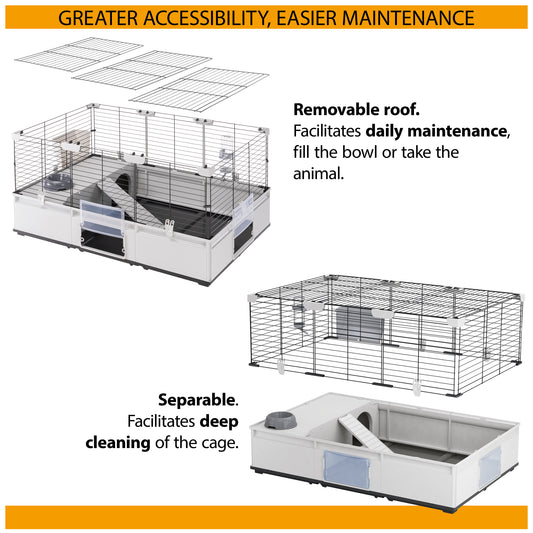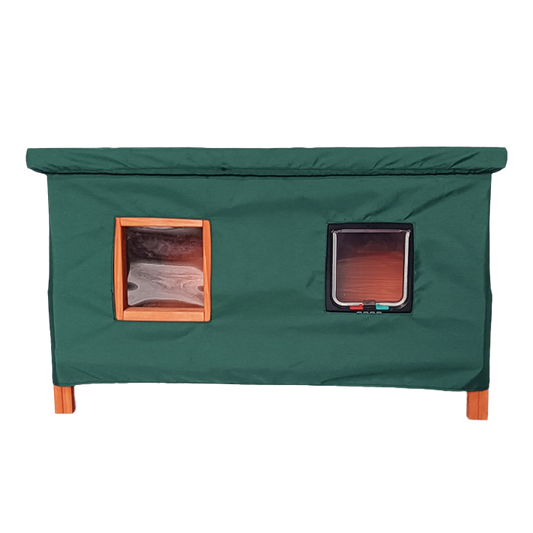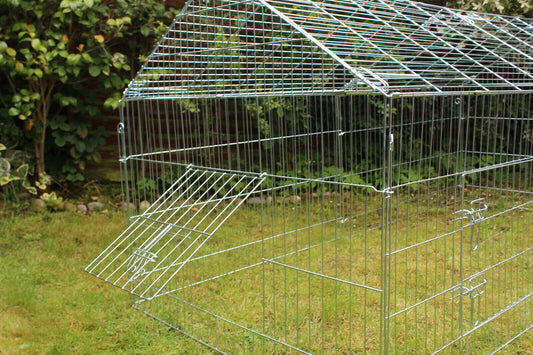Most people enjoy a well-organised, public firework display. The combination of kaleidoscopic colour, crackling sound and the faint smell of sulphur in the air can be a heady mix. But for others the prospect of Bonfire Night or New Year’s Eve fills them with dread. Not necessarily for themselves, although not everyone enjoys the thundering whoosh of a rocket in flight, but on behalf of their pets cowering behind the curtains or underneath the bed. So, what can be done to reduce the stress some animals feel when the night sky erupts? Here are a few tips to keep your pets safe and happy.
Walks, cosy dens & plenty of fuss
Dogs can suffer greatly from the loud, sudden noises of fireworks going off so it’s very important to keep them inside the house with plenty of background noise such as the TV or radio on louder than usual. Ensure you walk your dog before it gets dark to avoid being out whilst the fireworks start going off as a startled dog may also act out of character and could possibly run off, get lost, or be hit by traffic. It’s just not worth the risk. After you’ve taken your dog for a long walk give them a nice, hearty meal to help make them feel sleepy. Make up a cosy, enclosed dog den close to where you’ll be sat so that they feel safe and secure and comfort them if they ask for attention. It’s a common misconception that making a fuss of a fearful dog will make them more nervous. On the contrary it will reassure them and they will grow to feel much safer and content with their human as the bonds of love and trust develop.
Make your dog more calm & relaxed
You can purchase plug-in pet diffusers and pet sprays from companies like Pet Remedy that can help to calm and relax your dog during stressful periods such as Bonfire Night, vet visits and moving house. You can also purchase natural pet homeopathic remedies which can help to calm your pets without any unwanted side effects. ThunderShirts can also provide your dog with the feeling of being calm on fireworks night.
If you have exhausted all of these options and your dog is still so nervous that he ends up injuring himself or becoming overly stressed then speak to your vet about other options they can potentially prescribe for your pooch to help make firework season easier for you all.
Keep cats inside
Many cats dislike sudden, loud noises so it’s no surprise that fireworks are top of the list when it comes to things they dislike the most! It’s important to keep your cat inside during times that fireworks are most likely to be set off, such as the weekend before Bonfire Night, on November 5th itself, the weekend following and of course New Year’s Eve. A scared or startled cat may panic and get stuck, lost or worse, so keeping them indoors will prevent this from happening and also helps to drown out the noise a little.
Diffusers & catnip can help
Just as with dogs, you can purchase various plug-in pet diffusers and pet sprays from companies such as Pet Remedy which can help to calm your cats during stressful periods. You can use them on their own or in combination with other strategies such as sprinkling some much-loved catnip around the home, turning the volume up on the TV to help muffle the noisy bangs outside and preparing a few safe and cosy hideouts for your cat to retreat to. There are even some calming cat treats you can give them too. Implementing these tips should be enough to help keep your cat as calm and relaxed as possible but you can also give them plenty of fuss and a good meal just before it gets dark so they will feel more inclined to want to sleep through most of the evening.
Care for small animals
Small animals that live outside such as rabbits, guinea pigs and pet chickens should be kept to their usual routine as a change in this may actually upset them more than the fireworks themselves. Ensure they’re kept safely and securely in their homes at night so that they can’t run away, and give them plenty of small pet treats such as fresh vegetables and hay to keep them occupied throughout the evening. Providing plenty of hay not only gives them something to nibble on but can also help to drown out the noise of the fireworks if they snuggle into it. Hutch and run covers are also good at helping to drown out the loud bangs. This should be enough to keep smaller pets happy but if they seem particularly distressed then bring them inside during the loudest nights so that you can keep an eye on them and comfort them.
Desensitising animals to noise
Desensitising animals to noise is a long-term option which is well worth considering, especially if you have a young puppy or kitten who has never experienced fireworks before, but it can work with any animal of any age. The practice involves playing the sound of fireworks either via an app on your phone or a CD/DVD. With this method, the noise level starts off very quietly at first so that it’s hardly audible, before gradually increasing in volume over a period of time. The idea is that this results in your pet becoming accustomed to the sound of sudden bangs and crashes to the point where they don’t pay any attention to it. It’s important to start off at a very low level of volume so as not to spook your pet from the start and then gradually increase the volume to the level your pet is still comfortable with. Every animal is unique so some may take a few weeks whereas others may take months before they’re happily able to listen to loud bangs without feeling nervous or uncomfortable. Patience is the key to desensitising your pet to something and if not done correctly it has the potential to backfire. If you’re not confident attempting this then contacting a veterinary behaviourist or reputable force-free dog trainer for advice is a good next step.
In summary
Following the tips in this guide, and applying a little common sense, should really help your pooch, kitty or bunny sail through firework season. Remember to keep in mind that unlike us they have no idea what these sudden, loud bangs are so it’s natural for them to want to run and hide. Stay calm, talk softly and just be there for them. They’ll appreciate it!









